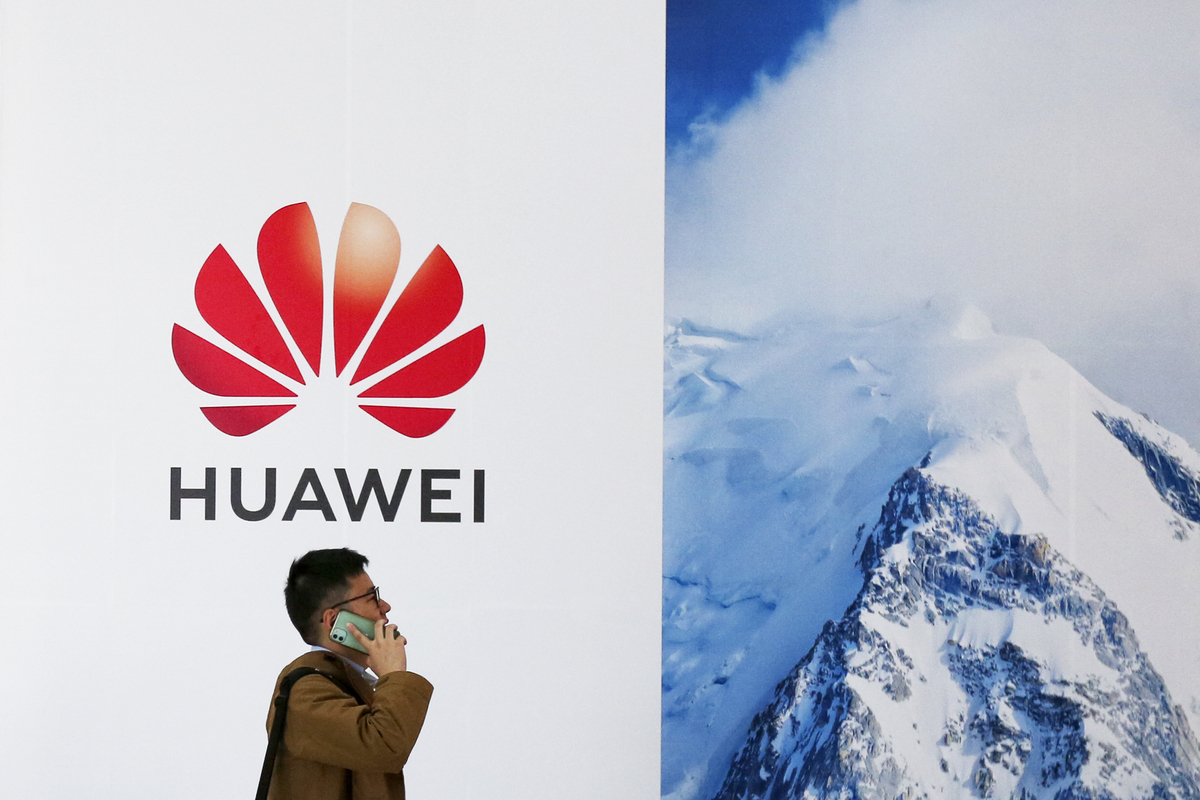Sweden should listen to opposition to ban Chinese telecoms


Competitors seldom back each other unless a decision threatens the foundation for all businesses to benefit from an open and fair competition.
That is exactly why the telecoms gear maker Ericsson voiced opposition against its home country Sweden's decision to ban rival Huawei Technologies Co in 5G rollout.
Borje Ekholm, CEO of Ericsson, recently said in an interview with The Financial Times that Sweden's decision to ban Chinese telecom equipment maker Huawei and ZTE restricts free competition and trade.
"I belong in that category that believes competition makes us in longer term a better company. It may be painful in shorter term but longer term it drives us to be more innovative and make better products for our customers," he told the FT.
The remarks came as Swedish telecoms regulator PTS earlier this month halted 5G spectrum auctions after a court suspended parts of its decision that had excluded Huawei from 5G networks under the pretext of national security without any evidence.
As Huawei is defending its legal rights and interests by appealing this decision in court, the rollout of the 5G network has slowed down in Sweden. Ekholm warned that when the 4G arrival happened, Europe was slow to adopt it and if the situation repeats, the economy may suffer as a result.
Ericsson's voice indicates that Sweden's politically-motivated excuses of "national security concerns" and discriminatory regulations on specific Chinese companies are unsupported even by its own company, and such a biased decision will eventually harm itself and disadvantage its businesses.
Earlier this month, the European Competitive Telecommunications Association also expressed a similar concern. The association, which represents more than 100 of the leading challenger telecoms operators and digital solutions providers across Europe, said "it denounced any bans of Chinese 5G suppliers for geopolitical reasons and emphasized that such decisions can only be justified on the basis of well-established facts".
The association warned that the ban will not only delay the deployment of 5G networks and constrain innovation potential, but also have important wider socioeconomic consequences.
While Huawei's struggle in Sweden has caught the attention of many, what is often neglected is how much Ericsson has gained in China, which has long been its second-largest single market. The two telecom gear makers' fate stands in a sharp contrast.
So far, Ericsson has won contracts from all three major operators in China to supply radio equipment for 5G networks, and amid the outbreak, the local government has also worked to help Ericsson resume its China businesses as soon as possible.
Ericsson China told China Daily earlier that the company has participated in China's construction of 1G all the way to 4G networks, and it aims to be an important part of the nation's 5G innovation system.
But now, Sweden's biased decision on Chinese telecom gear makers might disrupt Ericsson's such ambition, and might even damage Sweden's trade ties with China, its largest trade partner in Asia.
It cannot expect China to allow such unfair treatment of its telecom companies, which have strictly observed local laws, actively promoted cooperation between China and Sweden on information and communications technology, and contributed to Sweden's infrastructure building.
China's Foreign Ministry has already urged Sweden to reverse its 5G decision on Chinese companies, to prevent the move from having a negative impact on bilateral trade cooperation and the operation of Swedish companies in China.
Let Sweden's trade with China and its businesses in China be the cost of a politicized decision. That will not be a desired result for Swedish companies which have benefited significantly from China's opening-up, and have advocated for free competition and trade for a long time.



































